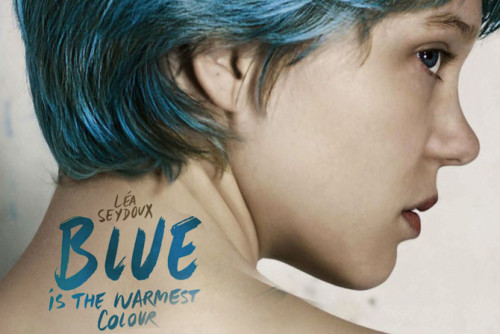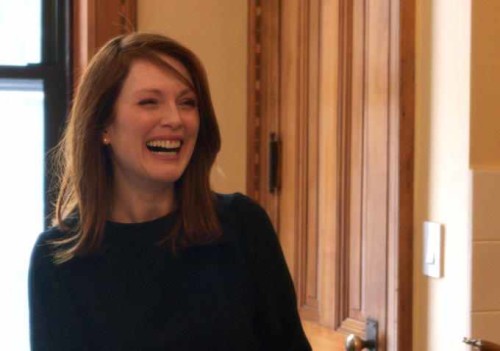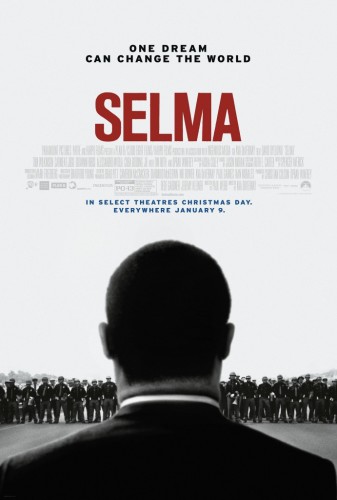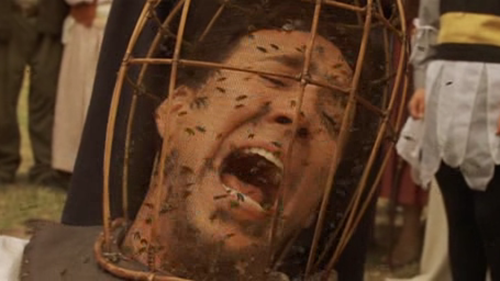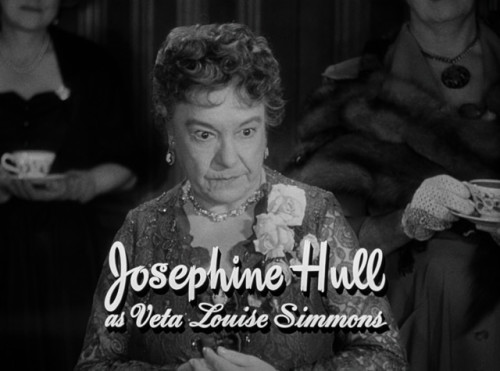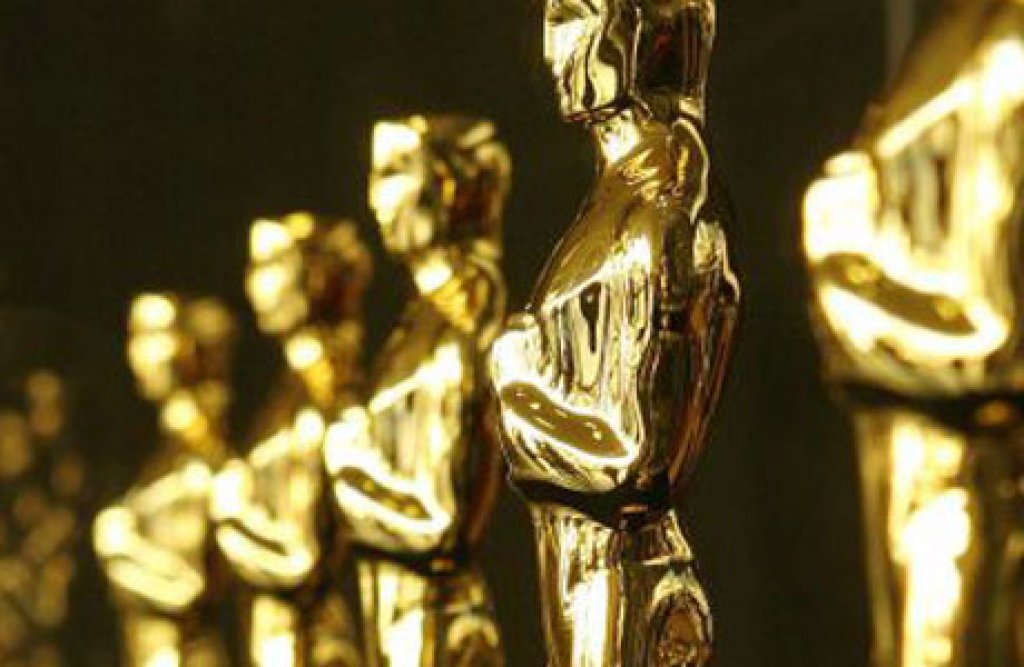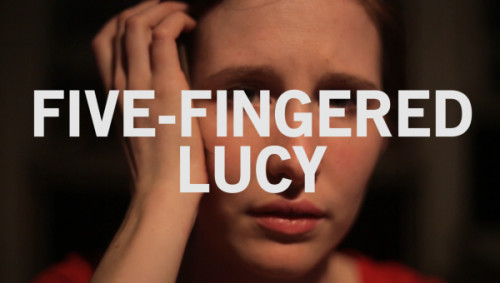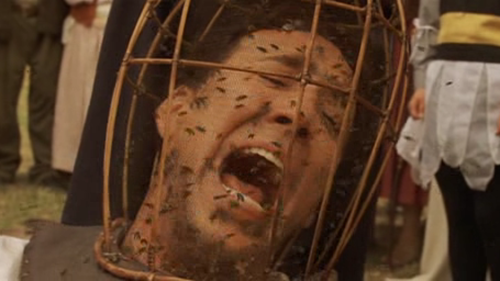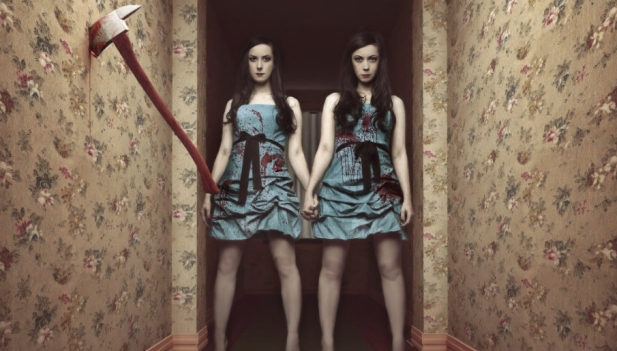Pleading for the Female Gaze Through Its Absence in ‘Blue is the Warmest Color’
The female gaze, such as it exists in a world that denies its existence, is an insular one that exists between Adele and Emma as opposed to how the film itself is shot. The film presents the case for the female gaze by examining what happens when it’s withheld.
